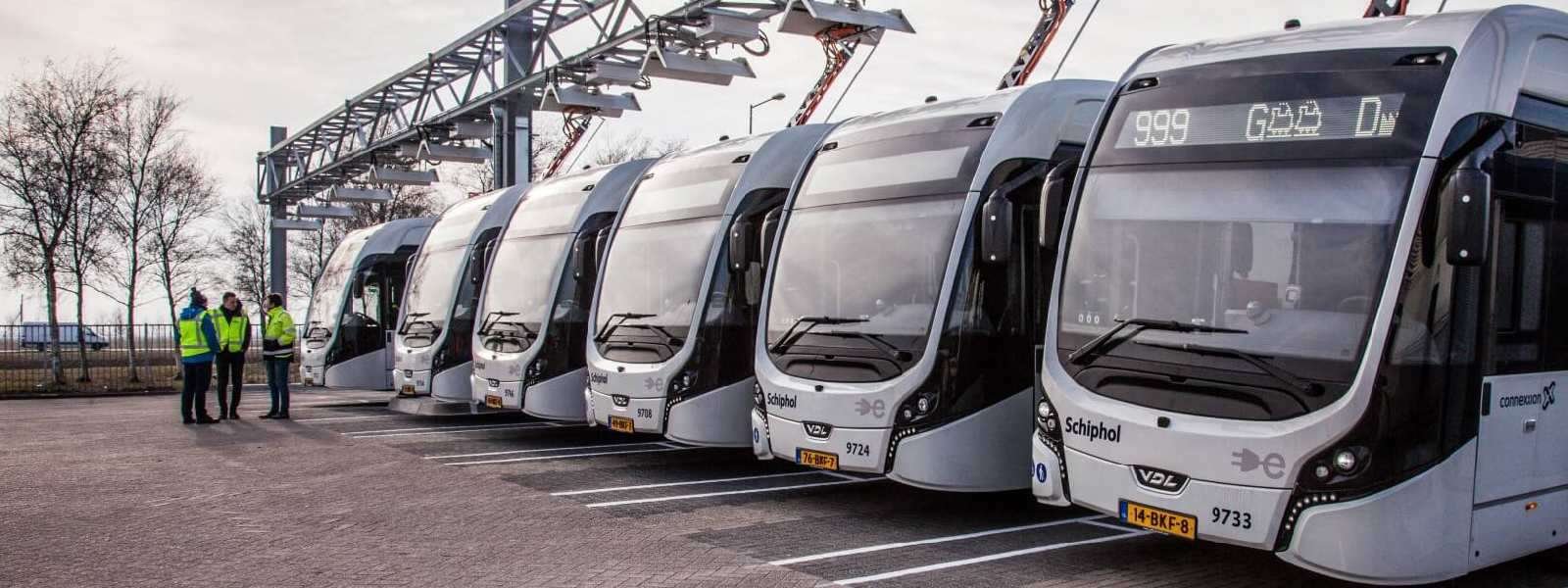
Sri Lanka looks for e-mobility in public transport.
Sri Lanka's Minister of Transport Bandula Gunawardena said that the development of electric vehicles in the island nation was held back in the past due to their high retail cost and low acceptance by customers most significantly as there are not enough recharging and re-fuelling points.
He said a large part of the infrastructure needed to get these vehicles on other roads are still being developed.
He said despite Sri Lanka having a national electricity grid, the charging points are yet to be developed for electricit vehicles.
The Minister said that the Transport Ministry is committed to facilitate and support the industry with the support of other related Ministries.
"The aim is to have enough charging and fuelling points with other requirement infrastructure so that investors and companies find it worthwhile to mass-produce vehicles at a reasonable price for a growing market where consumers will have enough confidence to buy them," said Gunawardena.
He was speaking at the National Consultation Meeting on Accelerating the Transition to Electric Mobility for Public Transport in Sri Lanka on Tuesday (25) in Colombo.
It was organized as part of the Asia-Pacific Initiative on Electric Mobility, the United Nations Economic and Social Commission for Asia and the Pacific (ESCAP).
UN ESCAP said that transitioning to electric mobility in public transport is one of the policy options to reduce vehicle emissions in countries and cities and dependence on fossil fuel for transport operations.
Furthermore, electric mobility, improvement of public transport and shifts to renewable energy sources are some of the key transport strategies listed in the nationally determined contributions of Asian countries, it added.
According to the United Nations Economic and Social Commission for Asia and the Pacific road transport is dominant in Sri Lanka, accounting for 94% of passenger-km/y, followed by rail at 6%.
The consultation meeting aimed to discuss the EV transition opportunities and challenges and develop a roadmap and policy for EV transition and foster greater collaboration among e-mobility stakeholders from both the public and private sectors in Sri Lanka.
The key objectives of the consultation meeting are to
(i) share international, regional, and national experiences on transitioning to electric mobility for possible learning for Sri Lanka;
(ii) review current state of passenger transport, existing policies, and challenges for accelerating EV adoption;
(iii) create awareness of EV development in Sri Lanka and enhance the capacity of policy makers and EV stakeholders; and
(iv) discuss the approach to develop a national policy framework/road map/strategies, and ways forward to accelerate the transition to electric mobility in public transport in Sri Lanka.

